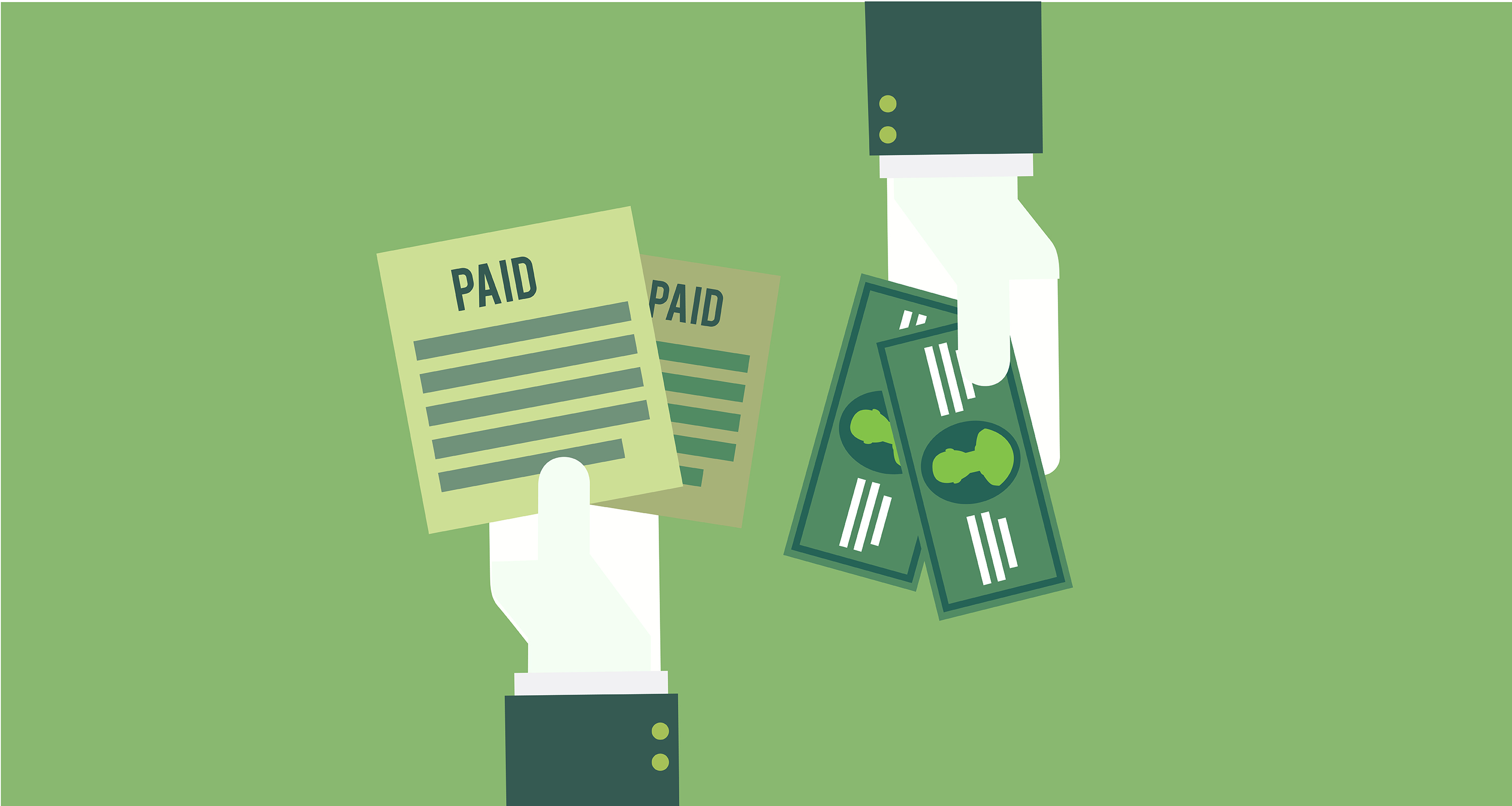When you agree to do work for a client, they trust that you will do the job they requested. In turn, you expect that you will get paid when the work is completed.
Unfortunately, not all clients follow through with the payment once they have received the finished product. It could be for a variety of reasons. But, there are things you can do to get your non-paying clients to finally pay up.
Table of Contents
ToggleHere are few actions to get non-paying clients to finally pay up.
1. Send Reminders
Sometimes when people get busy they simply forget to do some tasks. Once the job has been complete they may have overlooked sending your payment.
If the contract you have with them has a payment due date that has not been met, send a reminder. Once the date on the reminder passes without payment, you could begin calling, texting, emailing or sending reminders on a daily basis. The squeaky wheel often gets the most attention, as the saying goes.
2. Talk to the Boss
Although not receiving payment can make you irritated, or maybe even angry, it may not be the client’s fault. If they have a staff member in charge of accounts payable not doing their job, they need to know it.
Instead of dealing with another employee who isn’t doing their job, perhaps you should ask to talk to the boss. Often this will get non-paying clients to finally pay up.
3. Talk to Others
Do you know other people who have done work for the same client? If so, ask them if they have had similar issues receiving payment for their services.
Talking to others is a good way to get a feel for what you are dealing with. Sending reminders may not work with some clients, for instance, so you might be wasting your time. Finding out what others have experienced can give you direction on what your next action should be.
4. Do Work in Installments
One method you could employ from the get go is to do your work in installments. This could be especially helpful if the job you are doing is a large one.
Once you have the first third of the work done, as an example, present it to the client with a bill for one third of the total. Don’t complete the job until the payment clears.
After receiving the first payment, do another third of the work and again, bill for this portion. Then, as soon as you have been paid complete the job and bill for the remaining balance.
Taking this approach ensures you receive some money for the work you have done. Write this into your contract to ensure all parties understand expectations from the beginning. You could also decide to ask for payment up-front before you even start work.
5. Certify Your Request for Payment
Another way to get non-paying clients to finally pay up is to send a certified letter requesting payment. This step is crucial when dealing with some clients, especially if you suspect you may end up in court.
Keep copies of all correspondence and document all texts and phone calls. The information may be needed if you have to take the client to small claims court.
6. Take Them to Court
It’s true that no matter what you do, some clients just aren’t going to pay what they owe you. When this happens it’s time to go to court.
Talk to your attorney to make sure you have a case and follow the rules for your state.
No one likes to have to resort to more forceful methods to get clients to pay. However, if you did the work, you deserve to get paid.
Have you ever had trouble getting clients to pay up? What tactics did you use?














